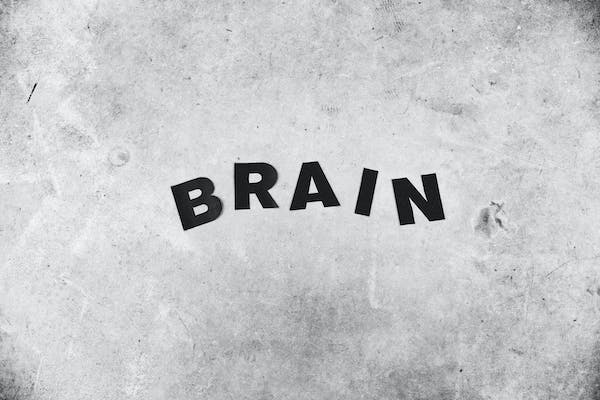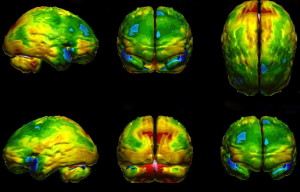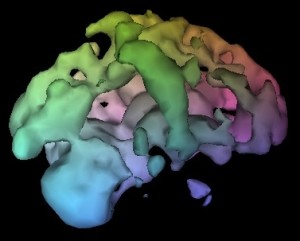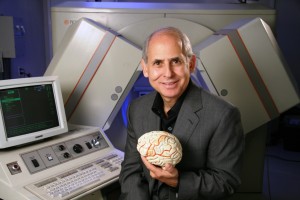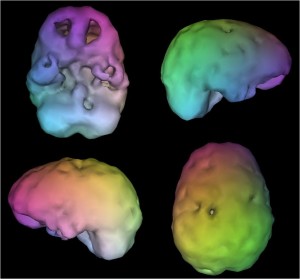Substance abuse, or the misuse of drugs and alcohol, is a growing problem worldwide. Substance abuse not only affects the individual’s physical and mental health, but can also have a profound effect on their brain. Drug or alcohol abuse can interfere with brain functioning and lead to a range of negative effects, including impaired memory, learning and thinking abilities, and even changes in behavior.
Substance abuse can affect the brain in a number of ways. Research has shown that use of drugs such as cocaine, heroin, and methamphetamine can cause long-term changes to the structure and functioning of the brain. In some cases, these changes can be irreversible. Substance abuse can also lead to decreased concentration, impaired decision-making, and mental fog. It can affect communication between the brain’s neurons and eventually, can lead to cognitive decline and dementia.

In terms of mental health, substance abuse can have a significant effect on mood and cause feelings of depression or anxiety. Substance abuse can also trigger psychotic episodes and the development of mental illnesses such as schizophrenia. Substance abuse also increases the risk of suicide in abusers, as it can distort the user’s thinking and induce thoughts of self-harm.
Unsurprisingly, substance abuse can also lead to physical health problems. For example, alcohol can damage the liver and kidneys, while drugs such as cocaine and heroin can lead to strokes, heart attacks, and seizures. Long-term drug or alcohol addiction can also damage the brain’s reward system, leading to an impaired ability to experience pleasure without the use of the substance.
Additionally, substance abuse is often associated with risky behaviors, such as unprotected sex, that can lead to unwanted pregnancies or the transmission of sexually transmitted diseases. It can also affect a person’s lifestyle choices, as they may neglect their diet and health in order to purchase drugs or alcohol. This can lead to further health problems in the long term.
Overall, substance abuse can have a range of negative effects on the brain. It can cause changes in behavior as well as impairments in memory, learning, and thinking. In addition, it can lead to physical and mental health problems, as well as increased risky behaviors and lifestyle choices. With that said, anyone suffering from substance abuse should seek immediate medical help.





